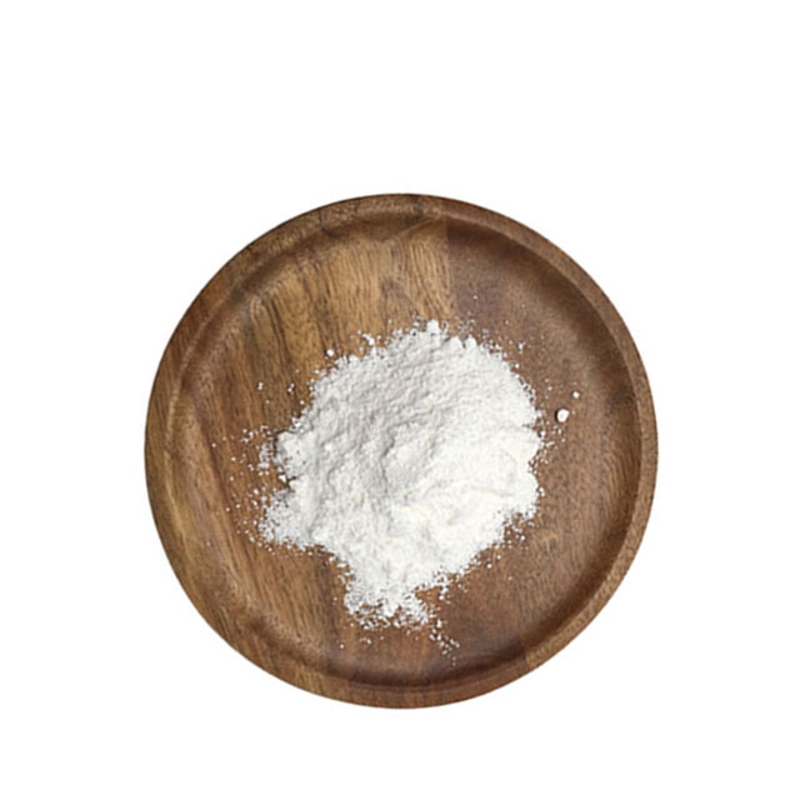-
Categories
-
Pharmaceutical Intermediates
-
Active Pharmaceutical Ingredients
-
Food Additives
- Industrial Coatings
- Agrochemicals
- Dyes and Pigments
- Surfactant
- Flavors and Fragrances
- Chemical Reagents
- Catalyst and Auxiliary
- Natural Products
- Inorganic Chemistry
-
Organic Chemistry
-
Biochemical Engineering
- Analytical Chemistry
- Cosmetic Ingredient
-
Pharmaceutical Intermediates
Promotion
ECHEMI Mall
Wholesale
Weekly Price
Exhibition
News
-
Trade Service
Too much adipose tissue is associated with lipid abnormalities and can be improved by weight loss.
a recent study published in Journal of Clinical Endocrinology and Metabolism, an authoritative journal in the field of endocrine and metabolic diseases, in which researchers aim to estimate the magnitude of changes in lipid indicators associated with weight loss in overweight or obese adults.
researchers retrieved the MEDLINE, EMBASE, Cochrane System Evaluation Database and Scopes database and included randomized controlled trials (RPTs) published between 2013 and September 2018, which evaluated interventions in adult obesity (lifestyle, drug and surgical) and followed up for up to six months.
researchers included 73 RDTs with a moderate to low risk of bias and recruited 32,496 patients (with an average age of 48.1 years; a weight of 101.6 kg; and a BMI of 36.3 kg/m2).
Lifestyle interventions (diet, exercise or both), medication and bariatric surgery were associated with lower levels of triglycerides (TG) and LDL-C at 6 and 12 months, and elevated HDL-C.
the following data is a 95% confidence interval (CIs) for changes in blood lipid parameters 12 months after intervention.
for every 1 kg of weight lost after lifestyle interventions, TG was reduced by -4.0 mg/dL (95% CI -5.24 to -2.77), LDL-C was reduced by -1.28 mg /dL (95% CI -2.19 to -0.37), while HDL-C increased by 0.46 mg/dL (95% CI from 0.20 to 0.71).
drug intervention, TGs decreased by -1.25 mg/dL (95% CI -2.94 to 0.43) and LDL-C by -1.67 for every 1 kg of weight loss mg/dL (95% CI -2.28 to -1.06), HDL-C increased by 0.37 mg/dL (95% CI 0.23-0.52).
weight loss of 1 kg after bariatric surgery, TG decreased by -2.47 mg/dL (95% CI -3.14 to -1.80), LDL-C decreased by -0.33 mg/dL (95% CI -0.77 to 0.10), HDL-C increased by 0.42 mg/dL (95% CI 0.37 to 0.47).
low-carbohydrate diet leads to lower TG and higher HDL-C, while low-fat diets lead to lower TG and LDL-C and higher HDL-C.
, it can be seen that adult weight loss is associated with changes in serum lipids.
the institute's reported level of lipid improvement can help set treatment expectations and inform treatment decisions.
.







